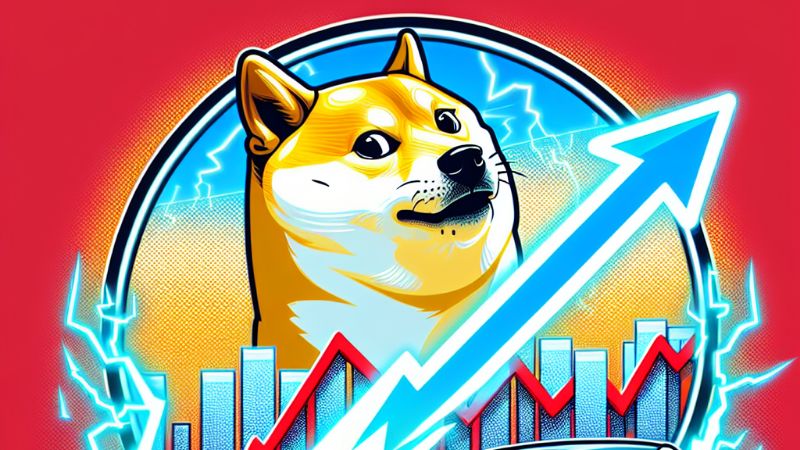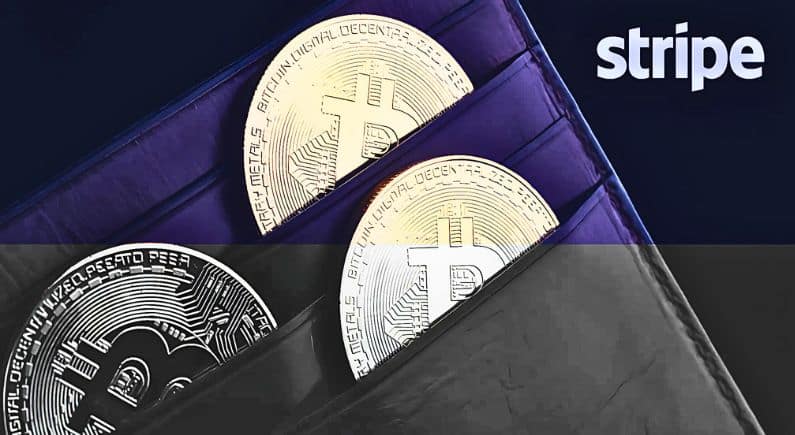Tesla’s Dogecoin leap ignites crypto madness as meme coin skyrockets over 21%

Elon Musk’s company, Tesla Inc., has now started accepting Dogecoin, but only for specific things. The company now allows you to use Dogecoin to buy merchandise from their online store.
Tesla only accepts one cryptocurrency, and that's Dogecoin.
Let that sink in.
— DogeDesigner (@cb_doge) April 27, 2024
The latest news might open up opportunities for using Dogecoin to buy certain items in the future. Tesla’s links with Dogecoin go way back. It started accepting Dogecoin in January 2022 for products like its Cyberwhistle and the “Giga Texas” belt buckle. Later, SpaceX, another company led by Musk, did the same.
Musk’s Dogecoin influence and Tesla’s adoption
While touring Tesla’s Giga factory in Berlin in March 2024, Musk hinted that customers could use Dogecoin to buy their cars. This led to a quick 10% jump in the value of DOGE, though it didn’t last long.
Tesla’s recent decision to take Dogecoin caused a massive 21% surge in the price of meme coins on the last day.
Building a solid base before #Dogecoin pumps to one dollar pic.twitter.com/zkpYExavfx
— Crypto Daily Trade Signals (@cryptodailyTS) May 5, 2024
Musk’s effect on the crypto market, especially Dogecoin, has been huge. In March 2024, Dogecoin experienced a big boost of $800 million in open interest in just three days, all thanks to Musk’s actions.
Despite that, Musk’s connection with Dogecoin hasn’t been without bumps. In June 2023, Musk refuted owning Dogecoin following a case accusing him of manipulating its price. A month later, he was charged with funding an illegal harassment campaign targeting Dogecoin investors.
Tesla’s recent decision to take Dogecoin to buy goods shows that it is still into this digital cash, which might shape its future in the market.
Tesla’s shift raises concerns
Elon Musk’s recent decision to let go of Tesla’s entire Supercharger team led to widespread apprehension in the industry responsible for developing America’s new EV charging network.
A quick and trustworthy system to charge electric cars is vital to encourage more folks to ditch gas-run vehicles. Tesla had an impressive charging station network before President Joe Biden proposed a grand plan to have half a million stations across the US within ten years.
Up until now, Tesla has been a key player in the EV landscape. Many professionals and users in the EV sphere consider Tesla’s charging systems swift and dependable. This reputation has led other car makers to modify their charging connectors to match Tesla’s setup.
Tesla leads the pack with federal contracts for charging stations, snagging a cool $28 million. This constitutes about 14% of total awards, as data consulting firm EVAdoption reported. However, Musk’s sweeping cost-cutting moves, which included letting go of his entire Supercharger team, now raise the question of whether Tesla can fulfill these contracts or if other companies will scoop them up.
An official from the Joint Office of Energy and Transportation, responsible for the National Electric Vehicle Infrastructure program, shared that ten states have chosen Tesla for their charging projects. However, NEVI didn’t comment on Tesla’s ability to meet these obligations as each state manages its charging program separately.
Several sources have suggested that Tesla’s potential exit might not necessarily spell disaster. One EV industry source speaking with CNN offered a reassuring perspective, emphasizing the abundance of charging companies currently on the market.
In their view, the shift is not in whether investment funds are specifically earmarked for Tesla but in who might ultimately receive those rewards.
Many industry insiders are scratching their heads at Musk’s decision to disband Tesla’s charging team. This move is perplexing, given the significant federal funds Tesla received and its long-standing involvement in the charging industry.
Since launching their network in 2012, Tesla has become known for their dependable chargers. Experts suggest that any turbulence within the company may inspire competitors to improve their chargers, which could lead to a more equal charging infrastructure in the US.
Reflecting on the situation, Daniel Sperling, the founding director of the Institute of Transportation Studies at the University of California Davis, shared his perspective with CNN. He suggested that the overall outcome could likely be positive, as dominance by a single company is not generally in the public interest.
Sperling expressed optimism that this development will spur other charging companies and automakers to invest more heavily in EV charging systems, thereby creating a more robust and expanded system. EV industry analyst Loren McDonald suggests that Musk may have scaled back from EV charging due to increased competition in the field.









